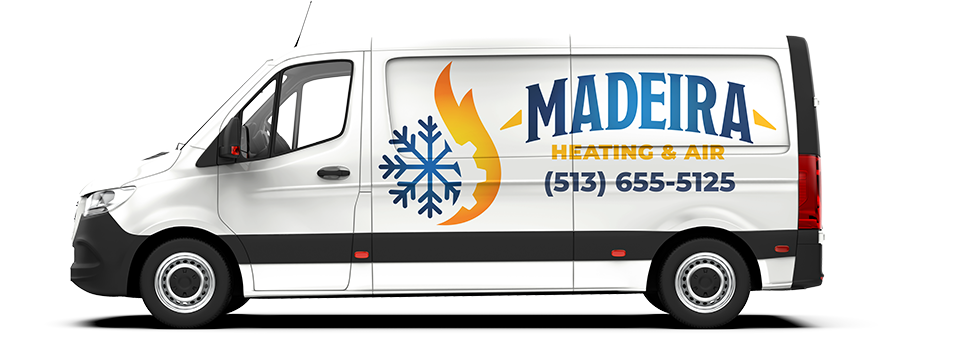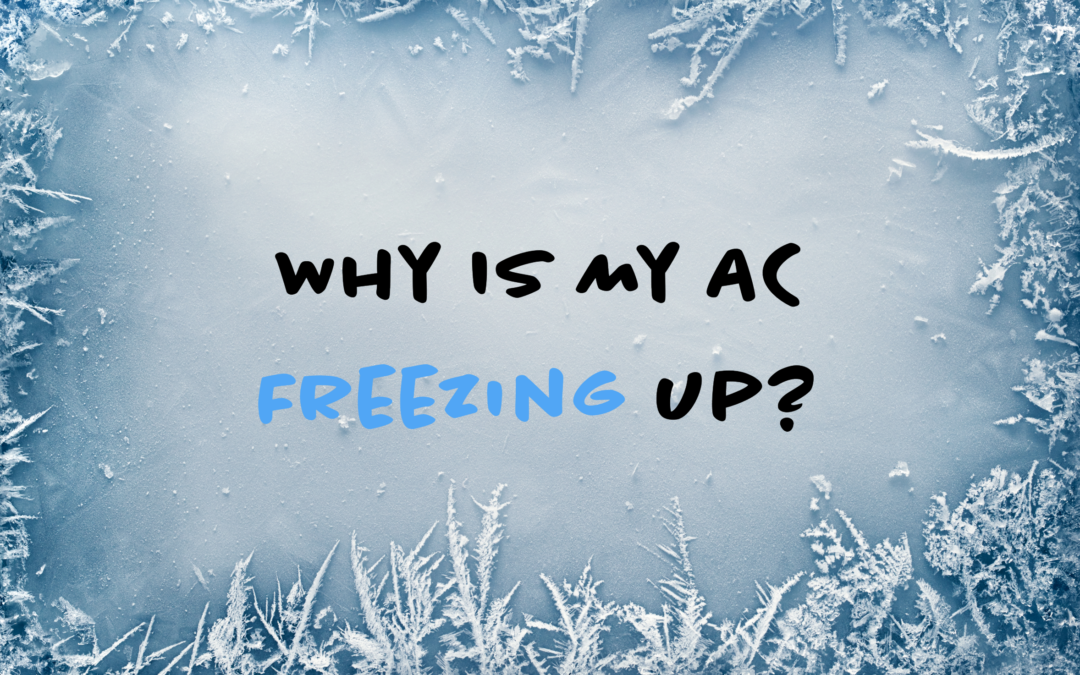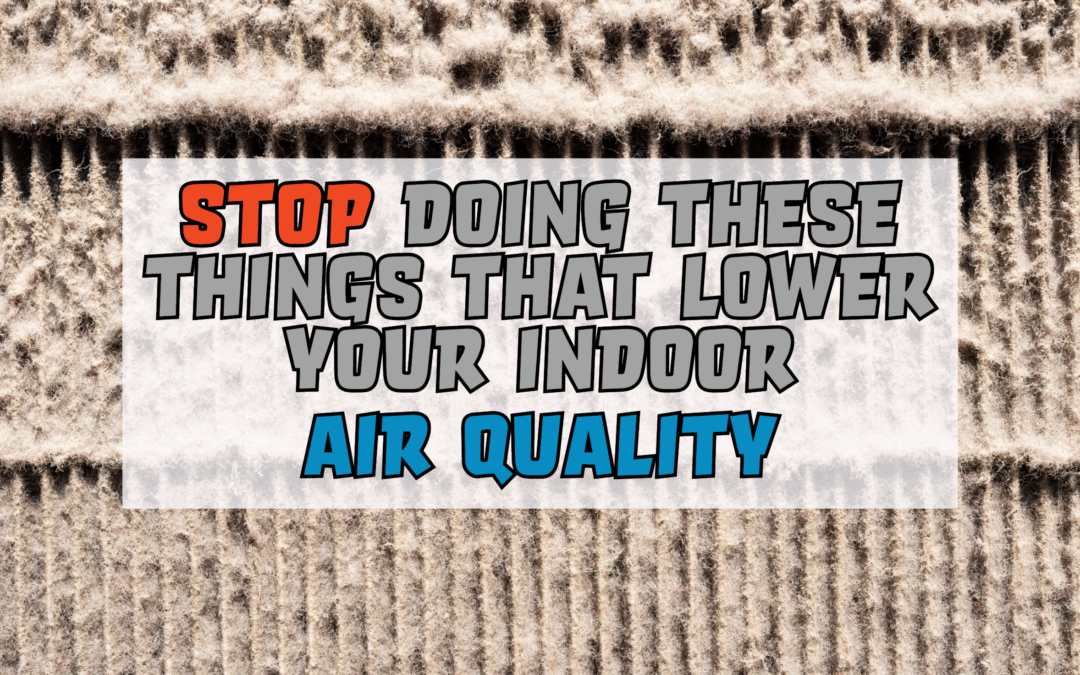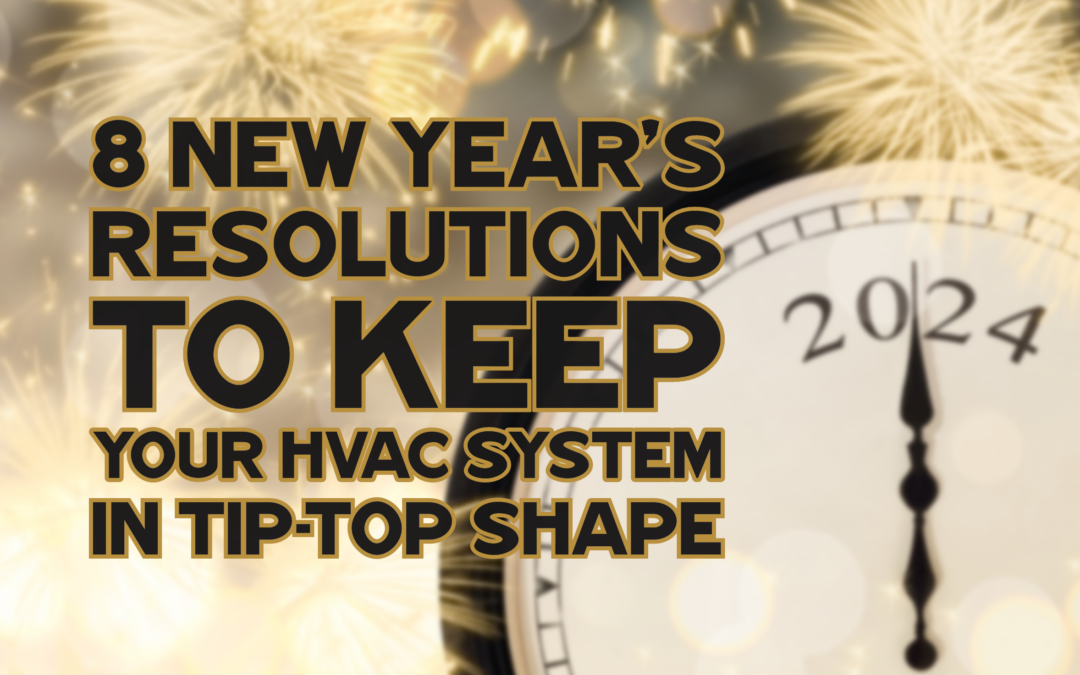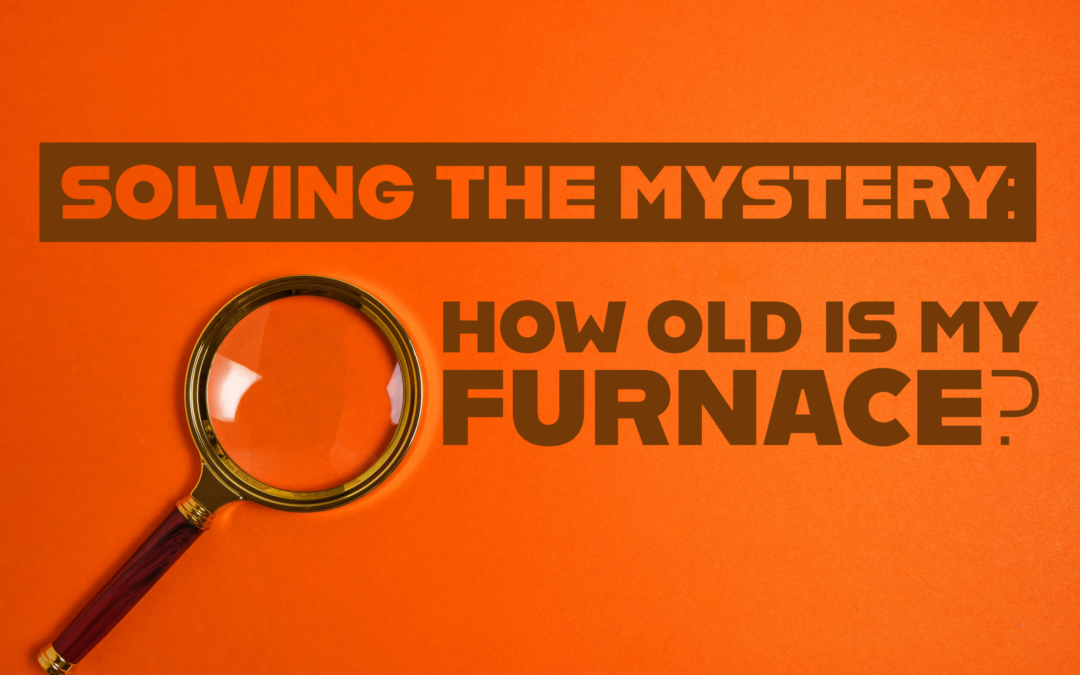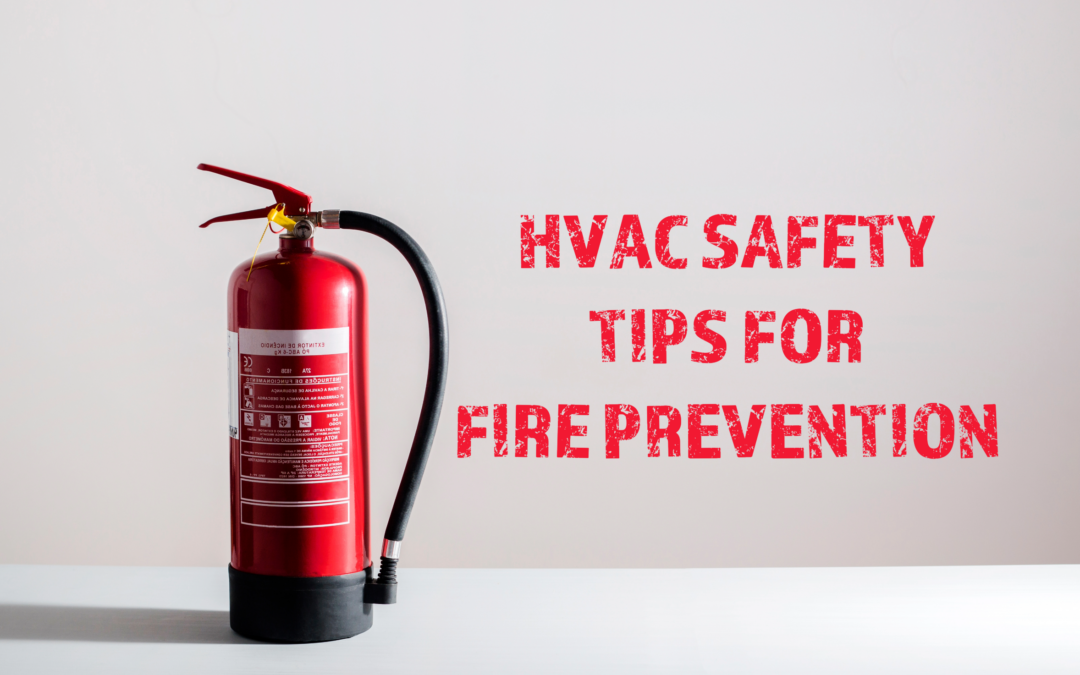It’s critical to realize that homeownership comes with a lot of strain, and one of the most important things you’ll have to do is maintain your home’s heating, ventilation, and air conditioning (HVAC) system. Because of this, homeowners must be familiar with how their home’s HVAC system works. Remember, this revolutionary piece of equipment is what allows you to feel comfortable throughout the year! To help our customers understand just how important their residential HVAC system is, our skilled and trained whizzes at Madeira Heating & Air have compiled three pieces of vital information for homeowners to know about their HVAC. Understanding these pieces of information can help your system perform at its best efficiency and last for many years to come.
1. What Is the Definition of HVAC?
HVAC stands for heating, ventilation, and air conditioning, which are the three primary functions of your home’s climate control system, more commonly known as your HVAC system. The three functions of your home’s HVAC system work together to ensure that the temperature and humidity in your house are at your optimal comfortable all year long. Because your HVAC system is one of the biggest energy consumers in your home, it’s crucial to know what each of these components means and how they work. For example, heating and ventilation are the terms used to describe the purpose of heating your home in order to make it warmer or cooler, depending on your preferences. On the other hand, air conditioning is a term that refers to how your HVAC system uses refrigeration equipment to cool your home.
2. How Many Types of HVAC Systems Are There?
There are four distinct sorts of HVAC systems in operation today. A split system, a hybrid system, a ductless system, and a packaged system are the most popular. The key difference between these HVAC systems is their size, features, and procedures for conditioning and distributing airflow throughout your home.
- The size, type, and efficiency of the HVAC system you choose will be determined by a number of factors, including the size of your home, the climate where you reside, and your personal heating and cooling preferences. To help you choose which system is ideal for you, your home, and your loved ones, the following are brief explanations of each.
- Split System: A split system, which is the most commonly utilized HVAC system in the United States, includes an outdoor condenser and compressor unit, as well as an indoor evaporator coil element. They’re ideal for both heating and cooling and come in a variety of designs, including single-stage, two-stage, and variable speed options.
- Hybrid System: A hybrid system is a type of split system that warms and cools your house using both an electric heat pump and a conventional furnace/AC. Because the electric heat pump is more efficient than a singular gas furnace, this system saves homeowners time, energy, and, most importantly, money.
- Duct-free Systems- Ductless systems don’t require ductwork to provide conditioned air throughout your home. Instead of using one big central component, they include tiny compact components that are installed on walls or ceilings. Duct-free technologies are an excellent option for homes without existing ductwork or if you wish to increase your home’s energy efficiency as a whole.
- Packaged System- This is a form of an HVAC system in which all of the components are housed in a single device, much like a split/hybrid system. Packaged systems are often utilized in smaller homes or for specific HVAC requirements such as zoned heating and cooling. Generally, packaged systems are an excellent choice for tiny houses with little space for a whole home HVAC system.
3. How Do I Maintain an efficient HVAC System?
Regular maintenance is vital for your HVAC system to operate properly and effectively. Some chores are simple enough for the average homeowner to complete, such as frequently changing the air filter. However, it’s still a good idea to have each unit of your HVAC system checked and maintained by an expert at least once a year to ensure everything is in order. In the meantime, other things to consider include:
- Check the evaporator coils on your central air conditioner to ensure they’re clean. Filthy evaporator coils can cause the system to work harder than necessary, resulting in higher energy costs.
- Check for leaks, gaps, or holes in your ductwork and repair any that are found. If your monthly utility bill rises, it’s probable that your ductwork isn’t sealed correctly. If you don’t know how to repair your ductwork, dont worry, our experts are here to assist!
- Clean the outside of your unit’s surroundings. Remove any branches, leaves, foliage, or other debris. Doing so will prevent your HVAC system from overworking while simultaneously allowing greater air ventilation.
If you understand how your home’s HVAC system works, you can keep it operating at its full capacity for many years to come. In addition, by being proactive and having an expert perform regular maintenance on your system, you can avoid having to make larger, more expensive repairs or replacements in the future.
If you have any questions regarding your HVAC system or want to book a service appointment, call Madeira Heating & Air today at (513) 655-5125, or schedule an appointment online now by clicking here! We’re excited to assist you in keeping you, your home, and your family comfortable all year!





